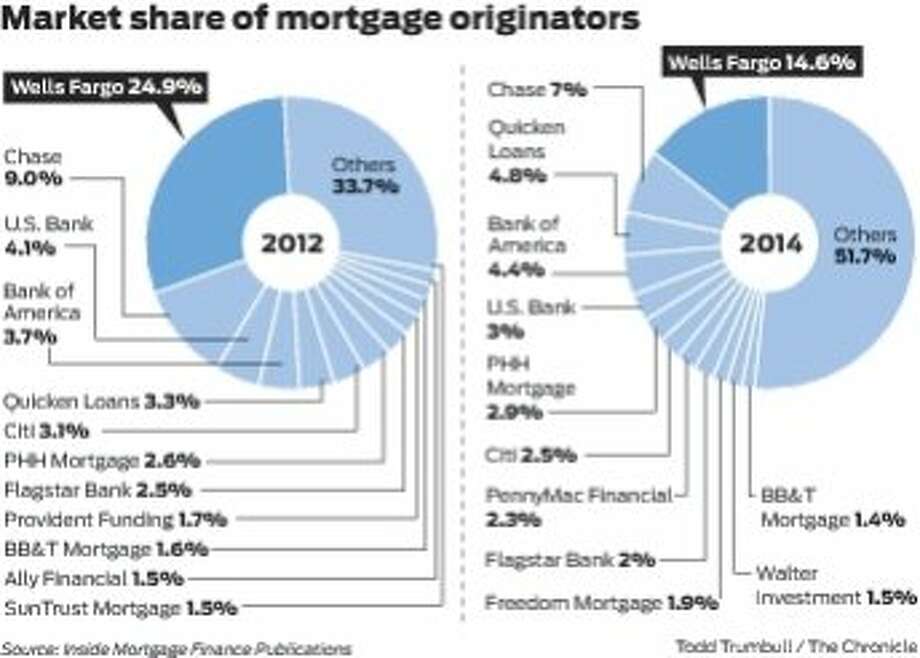Borrowing from the Discount Window isn't a bad thing.
Try to keep your moronic claims straight.
Why isn't that borrowing a bad thing, yet the government borrowing to pay its debts is?
Why isn't that borrowing a bad thing
Why isn't a fully collateralized overnight loan a bad thing?
Why do you think it's bad?
yet the government borrowing to pay its debts is?
If the government was repaying its borrowings the next day, I'd be less worried about government debt.


